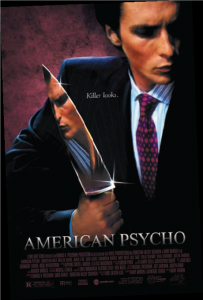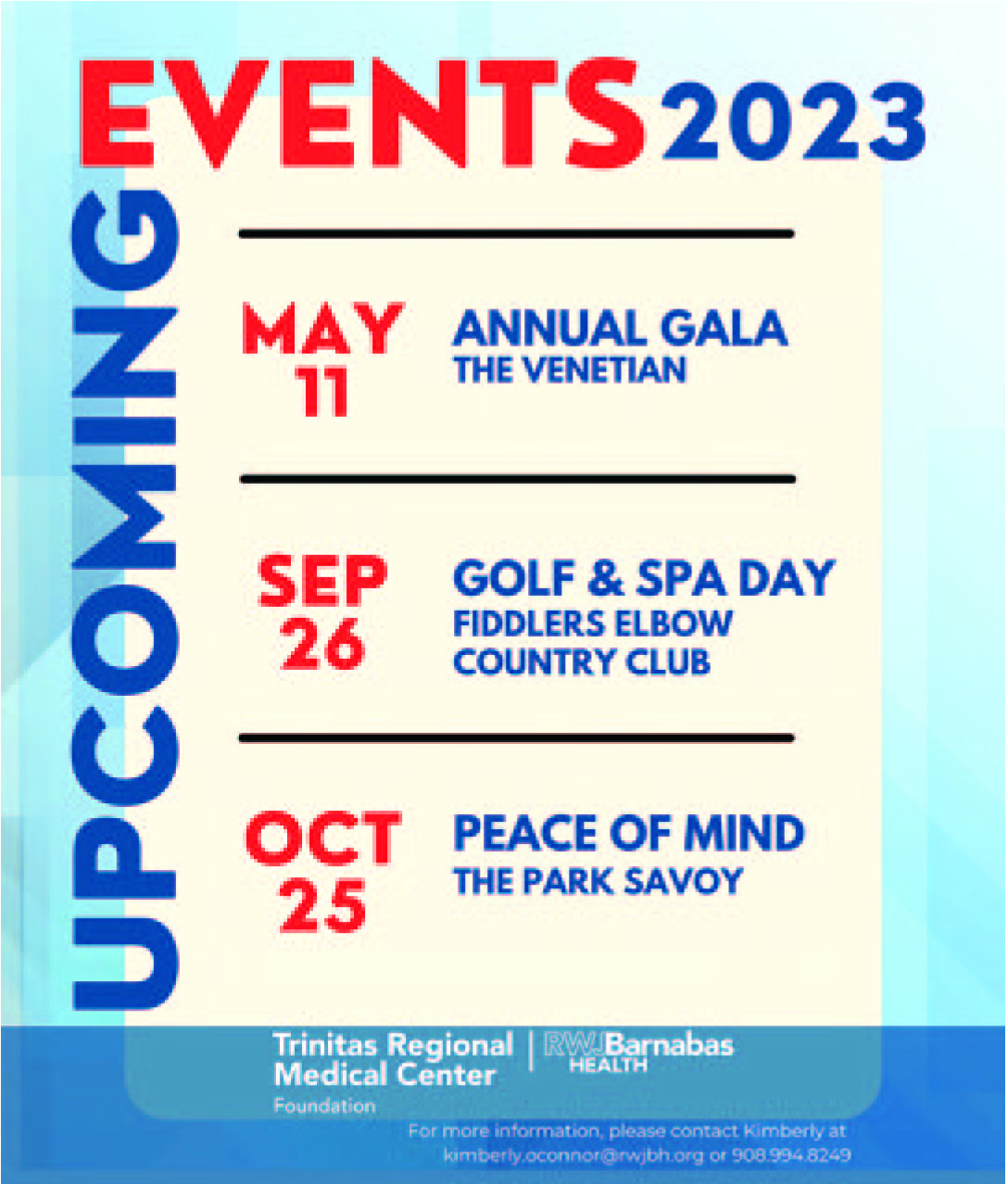A Most Maligned Generation Makes its Case
www.imdb.com
EDGE asked me to defend millennials. They didn’t say from whom, but our detractors are many and apparent enough that a shotgun approach makes sense. I’ll start with Gen X, who think they’ve flown under the Boomer monolith well-disguised. Millennials, in their opinion, are narcs who rise from bed each morning to champ at carrots on strings. Digital carrots mainly. We are Yuppie 2. We are Patrick Bateman, Brett Easton Ellis’ American Psycho, whose struggles with cognitive dissonance in the white-collar workspace led to a barely discriminate murderous rage. In the dead eyes of millennials, the same sickly id that burned through Bateman’s moisturizing face mask.
We missed the point. Patrick Bateman is “literally me,” we say. And while investment banking as an industry has fallen in prestige and relevance, perhaps because the Boomers got too excited and overdid it with everyone’s money, we unironically align ourselves with the values of that zombie industry: a cut-throat imperative to optimize at the expense of peace, health, and comfort.
Millennials are, on the whole, more like bad guys from Gen X media. We are not the soulful slackers embodied most totally by Julie Delpy and Ethan Hawke in those Linklater movies about having sex with someone from the bus. We could never be. Millennials haven’t the patience to sustain that kind of drifting conversation (it’s been done to death) and we don’t make eye contact on public transit. We don’t slack because Gen X already overdid that. Gen X moved through slacking like a hatch of locust, consuming all idle time in anticipation of the millennium, when things were expected to pop off, either via the second coming or a computer glitch that was going to ruin the way we calculate time.
In retrospect, Jesus II or Y2K would’ve been better than what we got. Not to be a wet blanket (some would say self-pity is inextricable from the basic millennial makeup) but most millennial children grew up in the shadow of domestic paranoia instigated by 9/11. Somehow, maybe illogically, most children in my elementary school were afraid of being abducted and beaten with a shovel on our morning bike rides to school (we pedaled very quickly) perhaps because our Gen X and Boomer parents instilled the idea, perhaps because they thought hairline cracks of ill will radiated out from that singular evil. Also Columbine and its tenuous connection to video games. We grew up in a weaker Western world with an oozing wound no one wanted to look at too closely.

www.imdb.com
We were made to think, on the heels of these travesties, that threats to our lives were omnipresent, both within and without the domicile. This has more or less proven true, a seeming result of the social contract’s disintegration, more loneliness, an increase in parasocial relationships with video game streamers, and the total invasion of the internet, that recirculator of incomplete ideas. In a failed effort to prevent this reality, participation trophies were created for children’s soccer. In revenge for their own stupid idea, the Boomers bullied us, five-years-old at the time, for receiving them. Were we supposed to decline them like Marlon Brando at the Oscars? We didn’t know about causes yet. We might’ve said something about the climate.
Climate discourse is irritating, even for those who believe in and understand it. Its self-congratulatory and fatalistic tone makes engagement difficult. Climate zealots, like most people, are strapped to the planet earth. Their constant ponderance of its destruction is creepy, like most morbid fixations. I’d generalize that most millennials would enjoy the luxury of burning all of their garbage on the front lawn. It seems like something we’d be into. But there was always an understanding, perhaps more pronounced in households with composting pots, that millennials could be the last generation to reach old age on an intact Earth. And by old age we mean sixty, maybe. These same climate types view Gen Z, the Zoomers, most of whom were born after the millennium, with the same pity farmers reserve for sheep who come out with three eyeballs and no skin. Misbegotten in a land after time, the Zoomer rides this burning world to its final destination—and also thinks millennials are losers.

www.imdb.com

www.imdb.com
I asked my students about my generation. I am an English instructor (adjunct) who teaches sixty Gen Z students, some of whom show up to class, and many of whom don’t wear airpods while I’m talking. They’re personable. I don’t get the impression many of them are driven to accomplish anything, but I do teach an 8:00 a.m. class. In response to a brief, informal survey, my students concluded that the worst thing about millennials is their solipsism, followed next by our precocity, which has aged very badly. How can so many of us be precocious? The numbers don’t add up. They’re fascinated by the fact that any of us can marry, let alone reproduce. (We do so later and less often.) Also we are cringe, they say, and cite AOC. But she is a politician. She is supposed to be cringe.
As with all generational archetypes, the insidious puppeteer at play is advertising. Millennials were the first group to be sold on total self-sufficiency with banner ads about cocktail sets, chefs’ knives, paracord, titanium camping stoves, kettlebells, and the Peloton. The cohesive idea, if there is one, is that millennials could purchase enough clutter to replace bars, gymnasiums, and even the outdoors of planet Earth, with all its winding bike trails.

www.imdb.com

www.imdb.com
These products and their market strength preceded the pandemic. Their strategic sense is predicated on social anxiety and the prohibitive cost of leaving one’s apartment. The self-reliance these devices promise to enable is obviously a fantasy. Millennials are as ingrained as any other Americans into the tapestry of this country. We think, directionally, in terms of the streets and landmarks that Boomers built. Stylistically, we’ve reverted to the oversized, bodily disguise of Gen X. Musically and entertainment-wise, we’ve been stratify, delineate, and say precisely what things were so that we might retire, satisfied with our explications, to an overpriced two bed with pillows that say “pillow” on them. outpaced by curly, dangly, hive-minded Gen Z, who have unified their image more rapidly and comprehensively than millennials. The legacy of millennial culture—through music, movies, academics and fiction—will be of ceaseless infighting and gatekeeping, a desire to

www.imdb.com
I’m not upset, exactly, with how millennials are portrayed and understood. I’m only woozy from the dissonance. Greta Gerwig is cusp, born in ‘83, and Diablo Cody, who wrote Juno, and who was born in ‘78, is squarely Gen X. The guy who wrote Scott Pilgrim is also Gen X, ‘79. Our stories were conveyed to us, and with an unprecedented degree of gullibility and receptivity, we incorporated them directly into our image and ethic. We deserve scorn for that, derision. Also, we turned country music into guys who wear high-vis vests and flat brims. We financially enabled Logic, the corniest rapper of all time, to develop a positive self-esteem. Neil Young was on when some of our Canadian parents reproduced, ergo Arcade Fire, a band with an unprecedented reach into its own colon. For these reasons and others, we hate ourselves and do not resemble ourselves, at least anecdotally. None of my friends like this stuff, maybe excepting Arcade Fire, who toggled something chemical in us when we were the right age.
My theory is that Gen X cooked up some millennials in a petri dish to satisfy their own vision for the future human, a sort of ubermensch of prevarication and ennui. By a similar token, we’ve created the e-girls and e-boys of Instagram through collective will and approval, probably to satisfy a more embarrassing desire. In other words, the most visible flagbearers of a generation satisfy the tastes of the monied, landed, enfranchised cohort preceding them. For a long time, this was only the Boomers, and for a long time every station was classic rock, but the emergence of a more cohesive Gen X in the media, and the absorption of the elder millennial cohort by this same bolder Gen X, is probably to blame for the millennial image. That stuff, the participation trophies, and the ice caps.

www.imdb.com
It’s not a defense, is it? It’s disavowal with some redirection mixed in. Some of my points have the tone of conspiracy. But the media machine is intentional, insidious, and directed. It generated the typical millennial, who is either Michael Cera or Emma Stone, both ‘88. We have to ask why, I guess. Who wanted them? Their parents? Their parents. Their children will want them. Their friends and so on. We’ll never have the consensus approval of the Boomers, who awarded it to themselves. And until there’s another world war and another housing boom…
Both of these things are possible. China is poised to invade Taiwan and the older Boomers, presently 77, are less than a year away from the national life expectancy. It could all line up in a bath of nuclear fire and heart disease, and our children (given the older-adjusted age of marriage and reproduction in America) might end up in possession of America’s next monoculture. Our children—who will have at this point developed radiation-resistant fur in an unprecedented Lamarckian response to Earth’s inhabitability problem, will look to us for some answers. And some of us will inevitably play Frances Ha, eternally black and white, dooming the rest of us for however long we have left.









